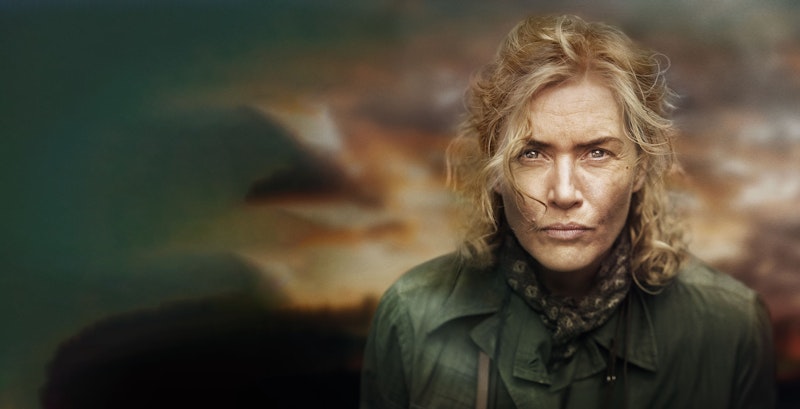There was a great, thought-provoking film in 2024 that made reference to the legacy of World War II photographer Lee Miller, Alex Garland’s quasi-dystopian action thriller Civil War. Set in an alternate future where the United States has been torn apart by volatile alliances of states, the film centered on the photojournalist Lee, played by Kirsten Dunst. Despite having shared a name with Miller, Civil War’s Lee is determined to remove all of her political biases from her journalism. This is a difficult task: she’s placed at the center of a violent siege of the White House, in which militant rebels plan to assassinate the president.
Civil War drew backlash from both moderates and radicals, who felt Garland lacked a clear thesis for why America would be divided down the unusual party lines that the film imagined; why Texas and California would form a unified independent state was too great of a hurdle for some to look past. Garland chose these strange specifics to generate conversation on how far removed observers could be from the conflict that they covered. Regardless of how effectively Garland conveyed this point is debatable, but Civil War is far more interesting than Lee, that biopic about Miller that’s recently found its way onto streaming.
Lee made its debut at the Toronto International Film Festival in 2023, where mixed reviews indicated that any studio that picked it up for distribution didn’t have an awards contender on their hands. Roadside Attractions and Vertical Entertainment opted to give the film a limited release in September, with a small campaign centered around Kate Winslet’s performance as the titular figure. Although marketing material emphasized that the goal was to shed light on a real hero whose work was relatively underhanded during her lifetime, Lee has succeeded in a resurgence for Winslet in the spotlight, as she’s earned nominations at the Golden Globes, AACTA awards, and a few small critical groups. Whether or not she will make it into the Oscar race is dependent on who the voters think they are casting their ballot for; is a vote for Lee in honor of Winslet’s acting, or an opportunity to celebrate a historical icon?
Miller has a fascinating story, and Lee sheds insight on some of the details that made her career noteworthy. Despite having spent a majority of her early life as a model within the bohemian communities of the European countryside, Miller was inspired to take up photography when the threat of a Nazi invasion became imminent. The events that inspire a moderate to choose a side may have been an interesting area of focus, but Lee doesn’t have a lot of interest in anything but a loose outline of its subject’s achievements. In order to ensure that the most passive of viewers would be able to understand the general outline of the story, Lee is told primarily through flashbacks in which an older version of Miller is interviewed about her career by a probing journalist, played by Josh O’Connor.
Hollywood has always churned out biopics, as a transformation into a historical figure of note is the type of part that all actors seek in order to be deemed “brave.” However, the antiquated nature of the film’s construction stands out even greater in comparison to some of the more radical biologics released in the last 12 months. The Apprentice framed the rise of Donald Trump as a twisted tale of the American dream, and examined how the influence of Roy Cohn shaped one of the signature political personalities in history. A Complete Unknown examined Bob Dylan from a distance, and was able to depict his origins without a premise about his motivation. Even the Maria Callas biopic Maria, which is the closest structurally to Lee, benefitted from some gorgeous cinematography and a performance from Angeline Jolie that didn’t feel like a generous impersonation.
The most obvious question about Lee, or any biopic, is whether or not it would’ve been stronger as a documentary. Archive footage of the real Miller exists, and Lee replicates the images that even non-history buffs might recognize. Even if there are moments of Miller’s life that could not be replicated, such as the intimate conversations with her lover Roland Penrose (portrayed in the film by Alexander Skarsgård), those scenes weren’t that interesting.
Lee has a shared goal with what a theoretical documentary about Miller would have, and only has the motions of a narrative in order to appease a less curious audience. That isn’t to say that a biopic can’t take creative risks, but for many viewers, a screening of Lee may be their only exposure to Miller’s work. As an occasionally compelling history lesson, Lee does what it needed to do. However, it’s ultimately a film that’s intended for the ignorant, and not the curious.

